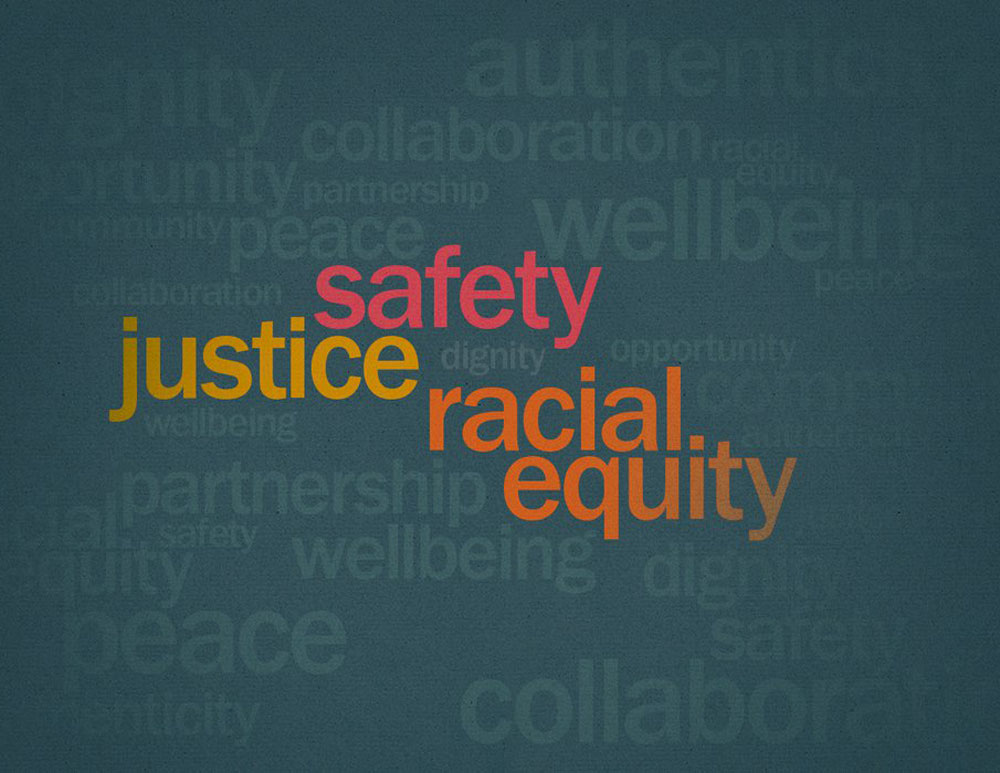
November 27, 2020; CNN Business
The nonprofit Local Initiatives Support Coalition (LISC) announced that it has raised a record total of about $2 billion in donations this year from companies seeking to fulfill racial justice commitments, many of which were made after the national uprising that arose in response to the murder of George Floyd last May.
“This is by far our biggest fundraising year on record,” LISC President and CEO Maurice Jones tells CNN’s Chauncey Alcorn. Notable donations include $60 million from Kaiser Permanente, $55 million from Lowe’s, $25 million from Netflix, $25 million from Square, $15 million from Wells Fargo, $12.5 million from Dick’s Sporting Goods, $10 million from Citi, and $2.5 million from Verizon. All told, Jones says more than 25 Fortune 500 companies anted up to contribute toward that $2 billion total haul, an amount that far exceeds the $1 billion fundraising goal he set for himself in the spring.
NPQ has profiled the work of LISC before, most recently in March. Founded in 1979 with the support of the Ford Foundation and with an initial focus on affordable housing, the nonprofit has grown to be a leading community development financial institution (CDFI), operating in 45 states. It remains a leading supporter of affordable housing, but it has advocated for a more multifaceted comprehensive approach. In 2018, the nonprofit invested $1.5 billion, which supported over 20,000 units of affordable housing while also financing the development of 4.2 million square-feet of commercial and community spaces.
Sign up for our free newsletters
Subscribe to NPQ's newsletters to have our top stories delivered directly to your inbox.
By signing up, you agree to our privacy policy and terms of use, and to receive messages from NPQ and our partners.
As for the new money, LISC says three-quarters of the funds it received this year went to organizations that support low-income housing residents. Roughly 15 percent went to grant and loan programs supporting small businesses owned by people of color, and the remaining 10 percent dedicated to promoting education and health initiatives for low-income communities, including job training for laid-off individuals.
On its website, LISC details where its small business funding has gone. Since March, LISC writes, the nonprofit “has been supporting eateries, barbershops, and salons, contractors, farmers and a wide range of other entrepreneurs to weather these difficult times. We’ve granted $51 million in relief funds to nearly 3,300 small businesses in urban and rural communities, coast to coast.”
LISC adds that, “the lion’s share of these funds went to enterprises most adversely affected by the shutdowns, with 90 percent supporting [people-of-color]-owned businesses and 67 percent supporting women-owned businesses.” Aid has been in the form of grants of $5,000 to $20,000 per business, which can be used to cover rent utilities, payroll, outstanding debts to vendors, and other immediate operational costs.
Jones says the money that LISC has raised has helped thousands of people avoid financial ruin. Absurdly, however, CNN asks Jones to comment on the impact of the donations on the nation’s racial wealth gap, which economist William Darity has estimated would cost several trillions, not billions, of dollars to repair. Jones, for his part, deflects. Addressing the racial wealth gap “requires faithfulness over a long time to have real transformative impact,” Jones observes. “It can’t just be 2020. This has to be a new chapter.”—Steve Dubb












